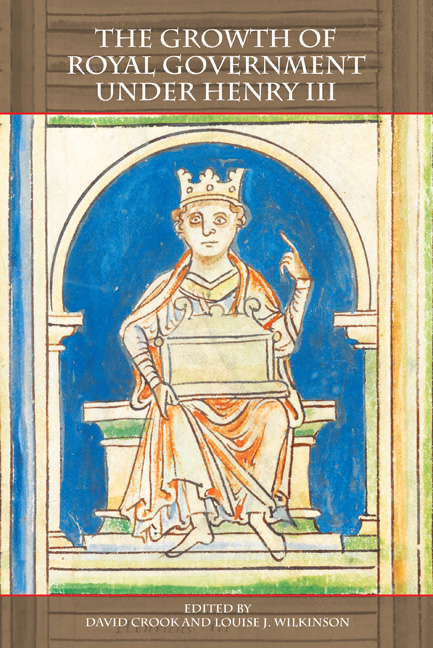13 - Women in English Local Government: Sheriffs, Castellans and Foresters
Published online by Cambridge University Press: 13 April 2021
Summary
When King John visited the cathedral city of Lincoln during the civil war of 1216, a remarkable meeting took place between the king and Lincoln's castellan. The castellan in question was a noblewoman by the name of Lady Nicholaa de la Haye, a twice-widowed heiress who was probably then in her sixties. That meeting made such a mark on the memories of Lincoln's citizens that, when records of a government enquiry which came to be known as the hundred rolls were compiled sixty years later from the testimonies of local jurors, the clerk faithfully preserved the details in writing for posterity. On King John's arrival at Lincoln, Nicholaa had offered him the castle keys and with them her resignation as castellan. As Nicholaa explained, ‘she was a woman of great age and had endured many labours and anxieties in the … castle and was not able to endure such [burdens] any longer.’ King John, for his part, had replied ‘sweetly’ (dulciter) to these protestations but instructed Nicholaa to keep the castle.
This exchange between King John and Lady Nicholaa represented more than a simple exchange of social pleasantries. The king, it seems, recognised Nicholaa's talents in holding the most important royal castle in the area for his cause. Further proof of Nicholaa's high esteem in John's eyes came on 18 October 1216, presumably just hours before the king's death, when she was appointed joint sheriff of Lincolnshire, alongside Philip Mark, one of John's most notorious local officials. Although Mark disappeared from the records as sheriff of Lincolnshire a little while after his appointment, Nicholaa retained that office until the end of May 1217, when she ably led the defence of Lincoln Castle against the supporters of the French prince Louis during the battle of Lincoln, one of the decisive battles that helped to draw the civil war to a successful close for those loyal to John's young son and heir, King Henry III.
The appointment of a woman to the office of sheriff was highly unusual. As I have argued elsewhere, King John's apparent lack of regard for convention in Nicholaa's case probably resulted from the scale of the rebellion in Lincolnshire and a dearth of suitable male candidates who had remained loyal to the Crown.
- Type
- Chapter
- Information
- The Growth of Royal Government under Henry III , pp. 212 - 226Publisher: Boydell & BrewerPrint publication year: 2015



